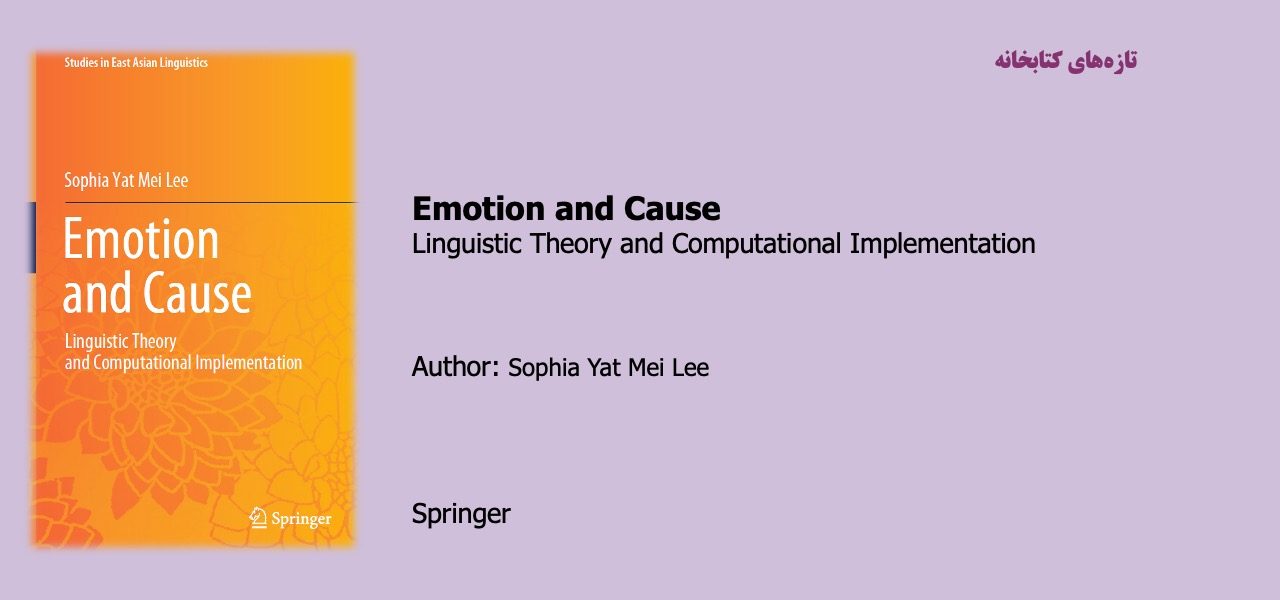Emotion and Cause

Early modern philosophy has shown a great interest in the concept of emotions, starting with Aristotle, whose Rhetoric details an insightful theory of emotion which “in many ways anticipates contemporary theories” (Solomon 2003: 5). He argued that the nature of emotion lies in a strong moral belief about how others should behave, and involves the perception of a situation dominated by a desire.
This is evidently shown in his analysis of ANGER where ANGER is characterized as the desire for revenge.
Two thousand years later, Descartes (1649) defined emotions (which is named ‘passions’ in his book) as “the perceptions, feelings, or emotions of the soul which we relate specially to it, and which are caused, maintained, and fortified by some movement of the spirits”. In reaction to Descartes’s theory, Spinoza (1675: 93), another influential philosopher, suggested that an emotion is “the modifications of the body, whereby the active power of the said body is increased or diminished, aided or constrained, and also the ideas of such modifications”. In his view, an emotion implies an image or idea, and follows from the latter as from its cause.
مطالب مرتبط

کتاب تمرین درمان شناختی – رفتاری برای مشکلات سلامت روان
۱ / اردیبهشت / ۱۴۰۴

درآمدی بر روانشناسی خرد
۱ / اردیبهشت / ۱۴۰۴

سرشت – چگونه سیمکشی مغزهای ما هویت ما را تعیین میکنند؟
۱ / اردیبهشت / ۱۴۰۴

